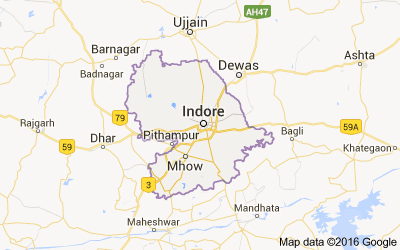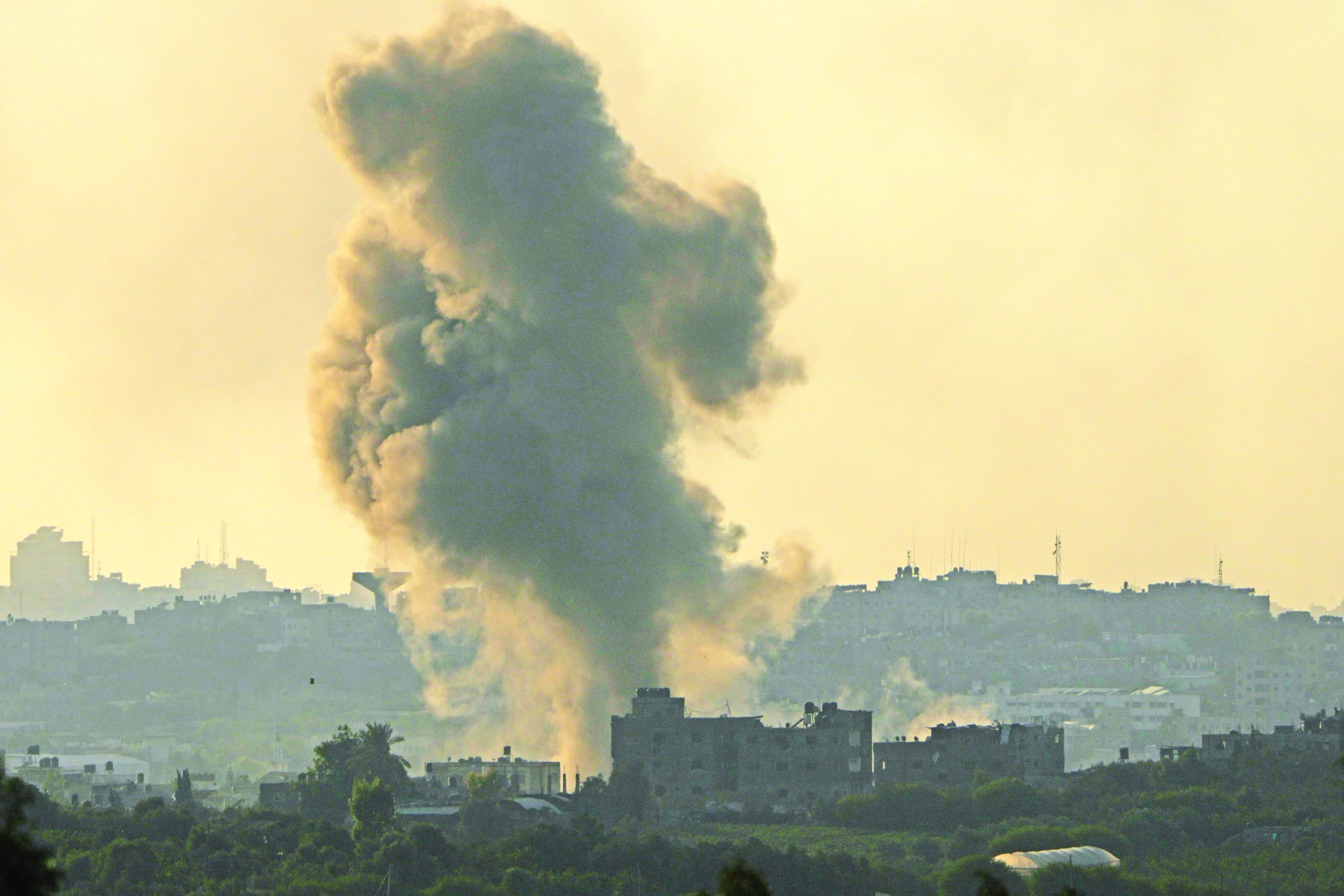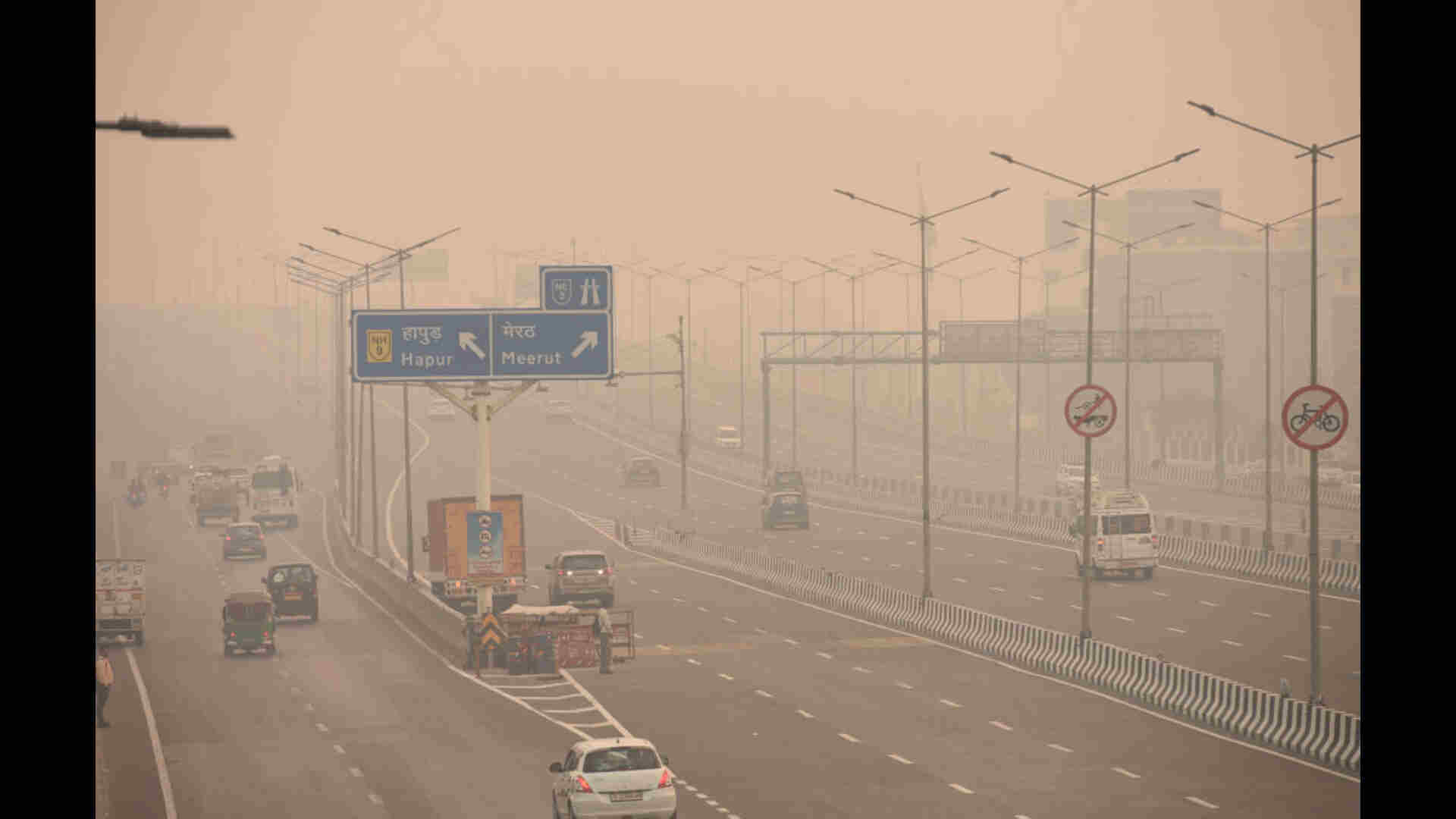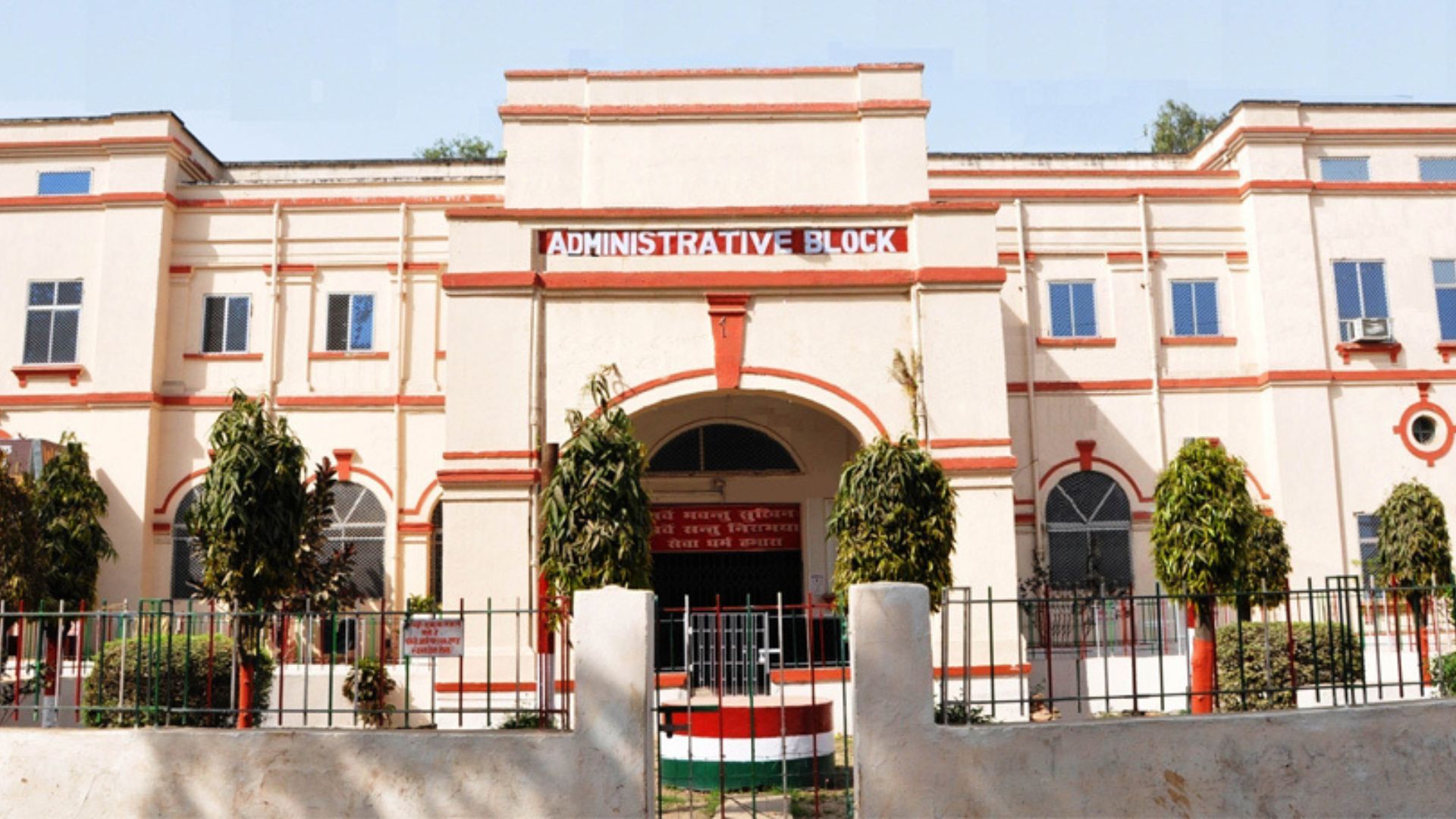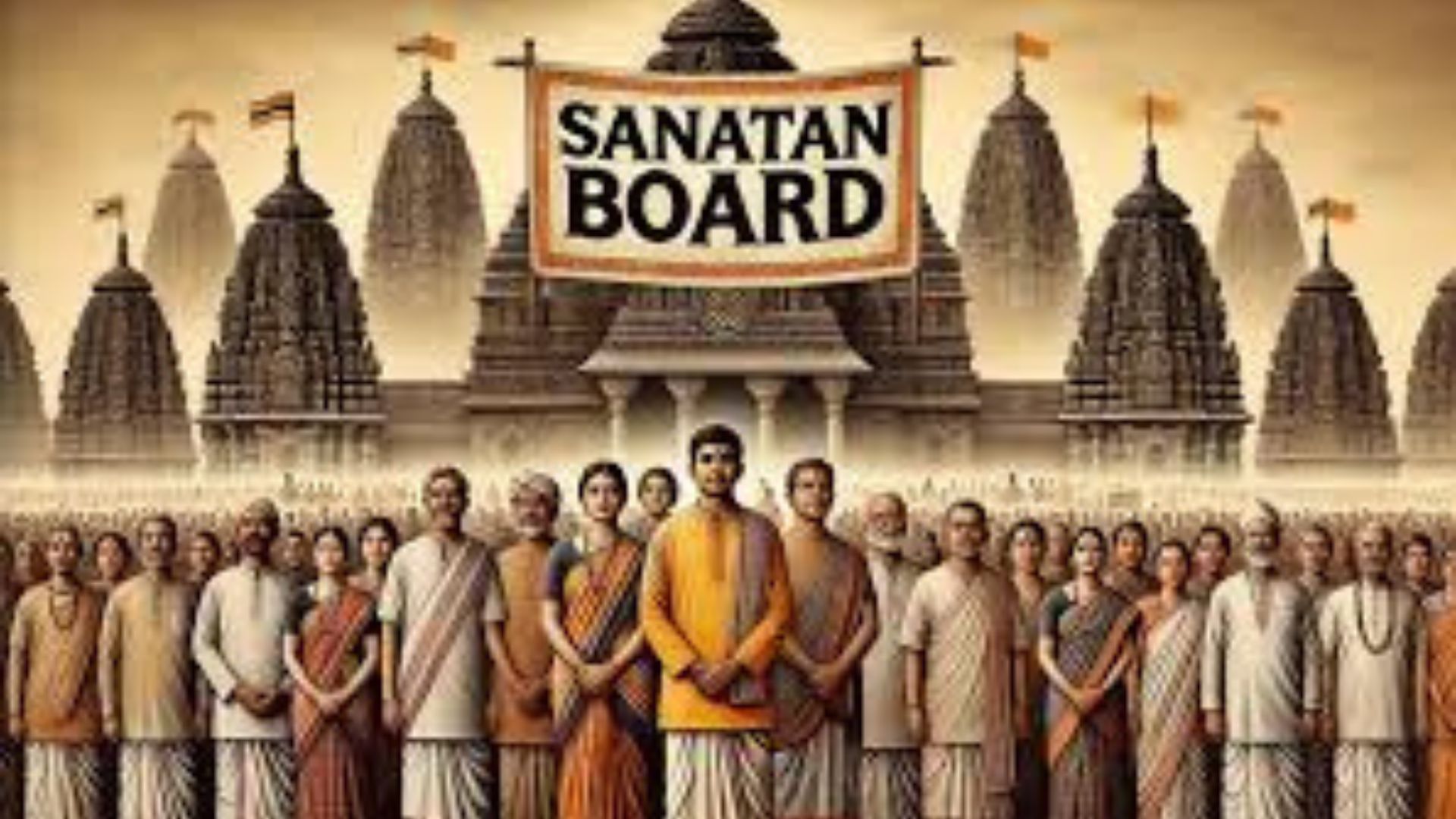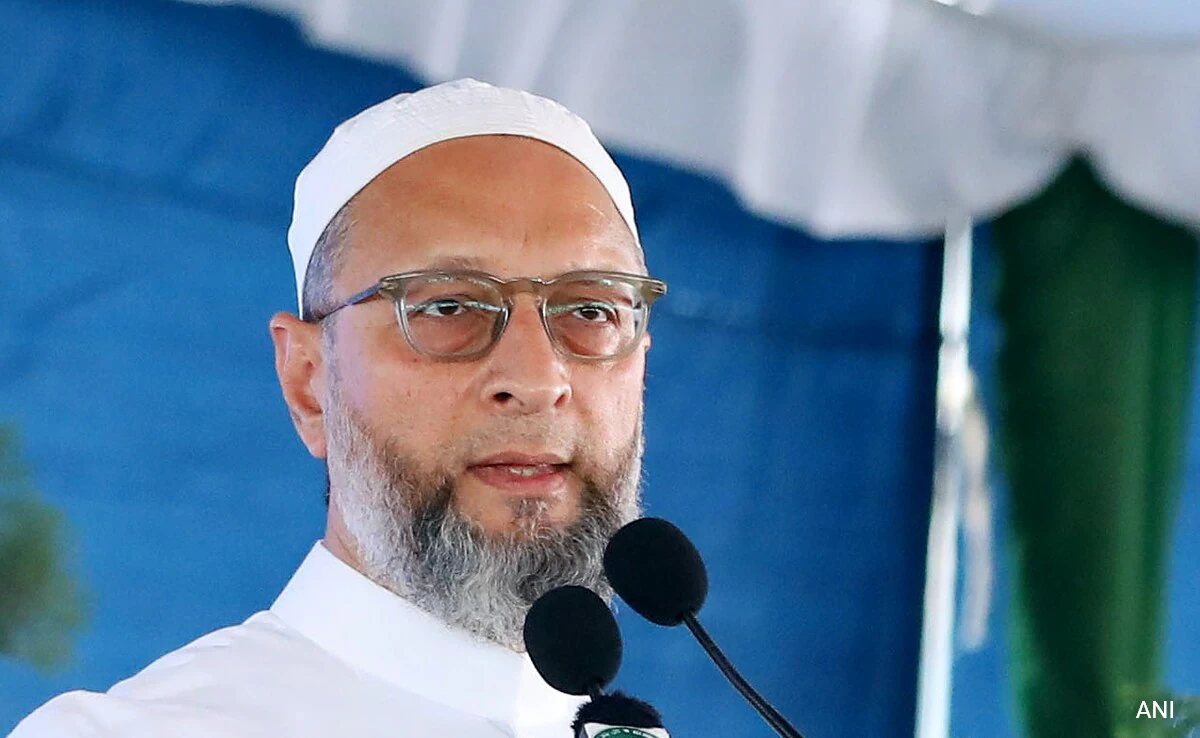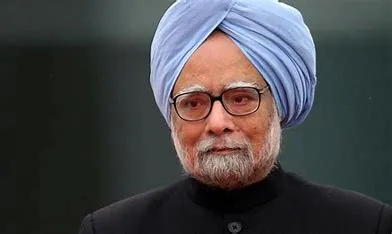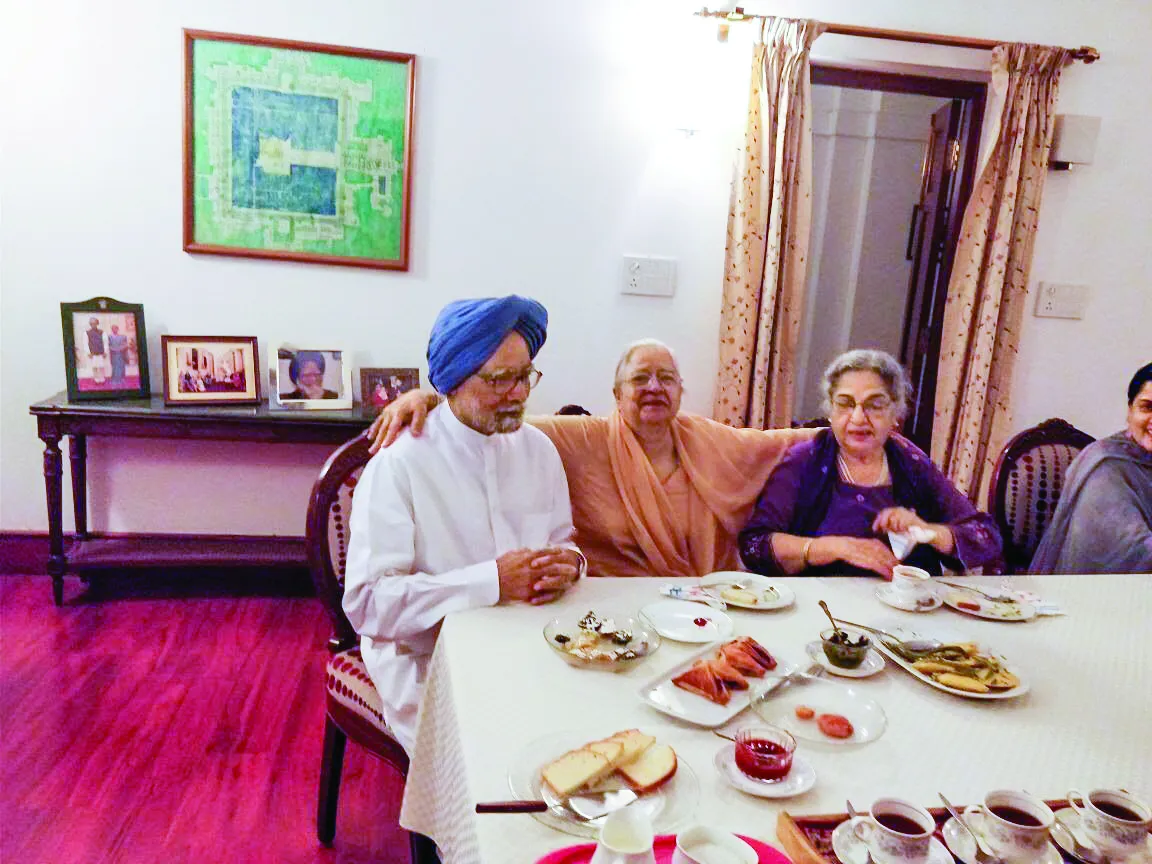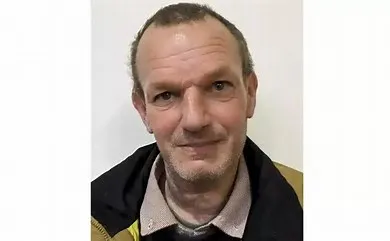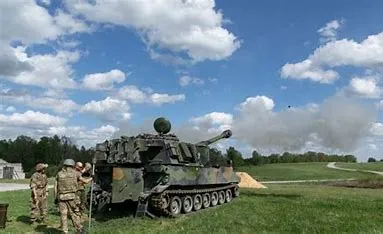The Bharatiya Janata Party’s (BJP) move to field its general secretary, Kailash Vijayvargiya, from the Indore-1 segment in Madhya Pradesh has prompted sitting MLA and Congress candidate Sanjay Shukla to rework his poll strategy to retain the seat. The Indore-1 constituency is one where caste equations are expected to play a key role in the upcoming state assembly elections. Former state minister Vijayvargiya (67)—who belongs to the Vaishya community and hails from the Indore-2 area—has been given a ticket by the ruling BJP after a long gap of 10 years.
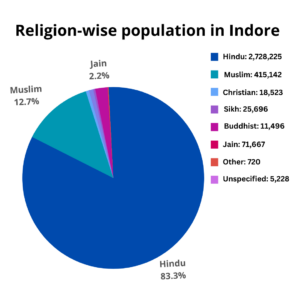
The Opposition Congress has reposed faith in Shukla (47), hailing from the Brahmin community, for the second time by fielding him from Indore-1, his native region. The role of Brahmin and Yadav community members is expected to be significant in deciding the poll result in the Indore-1 assembly seat, which comprises 3.64 lakh voters. With the entry of BJP heavyweight Vijayvargiya into the poll battle, observers say Shukla has to change his election strategy to retain Indore-1. Sources close to Shukla said the Congress is preparing a fresh plan to balance caste equations in this assembly segment.
Furthermore, preparations are being made to host a series of meetings with national-level leaders of the Opposition party. Shukla has, in his election campaign, been trying to project himself as a local leader by using the “son, not leader” tagline for himself, and terming opponent Vijayvargiya as a “guest.”

However, Vijayvargiya, who earlier served as the city mayor, is projecting himself as the leader of all of Indore to counter his rival. Known for his fondness for singing bhajans (devotional songs) at public events, Vijayvargiya is trying to win voters’ trust with promises of rapid development and curbing illegal drug trade. On the other hand, Shukla, who has organised several religious events and bhandaras (public feasts) over the last five years, is claiming to have stood by the people of his constituency in their “joys and sorrows”.
Vijayvargiya has not lost an election so far in his 40-year-long political career. He won the assembly elections six times consecutively between 1990 and 2013 from different seats in Indore district. In 2018, Shukla was the sole winning candidate of the Congress among all five seats in the urban areas of Indore. The remaining four seats were bagged by the BJP.
Shukla defeated his nearest rival, BJP candidate Sudarshan Gupta, by 8,163 votes in the 2018 assembly polls. However, in the last municipal elections in 2022, Shukla had to face defeat at the hands of BJP candidate Pushyamitra Bhargava in the race for mayor. Senior journalist and political observer Kirti Rana has claimed Vijayvargiya has chief ministerial ambitions and that he has been indicating this with his statements these days.
“For instance, he said at a public event a few days ago that he was not contesting elections just to become an MLA and that the BJP would give him some bigger responsibility,” Rana noted. According to Rana, Vijayvargiya also faces a number of challenges in the Indore-1 poll battle.
“The BJP high command has unexpectedly fielded Vijayvargiya as its candidate, bypassing local leaders who have been lobbying for a ticket from Indore-1 for a long time,” he said. The issue of local candidates is gaining momentum in the election this time. Therefore, with evolving party dynamics, the contest could become difficult. Polling for the 230-member state assembly will be held on 17 November and votes will be counted on 3 December.
FACT BOX – DEMOGRAPHICS
- Total district area: 3,898 sq km
- District population density: 841 people/sq km
- Urban region (according to Census data): 349 sq km
- Urban male population: 1,262,872
- Urban female population: 1,164,837
- Rural region (according to Census data): 3,549 sq km
- Rural male population: 436,755
- Rural female population: 412,233
- Average urban sex ratio: 922 females/1000 males
- Average rural sex ratio: 944 females/1000 males

